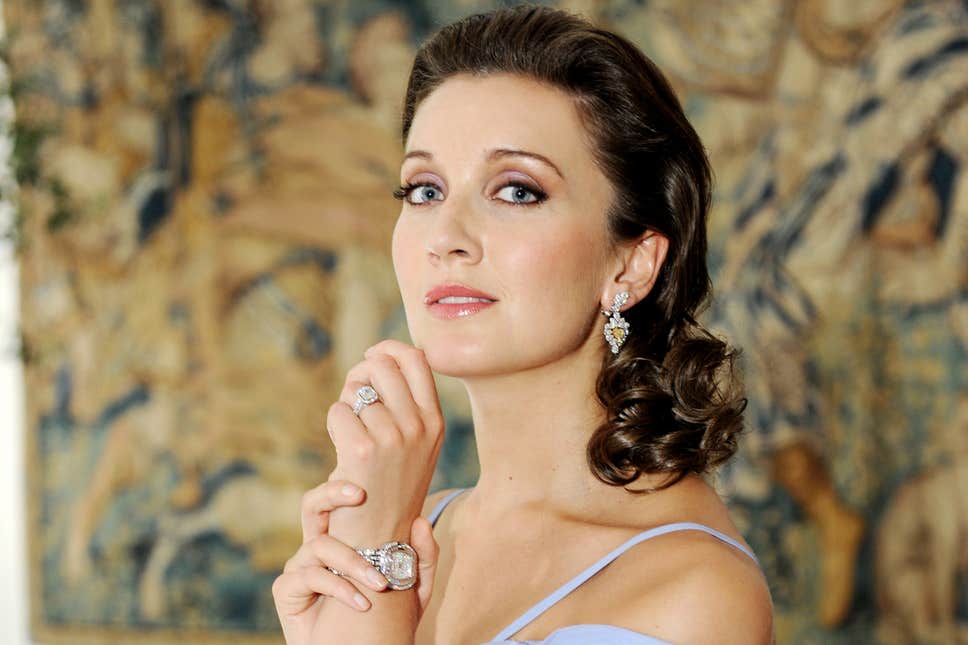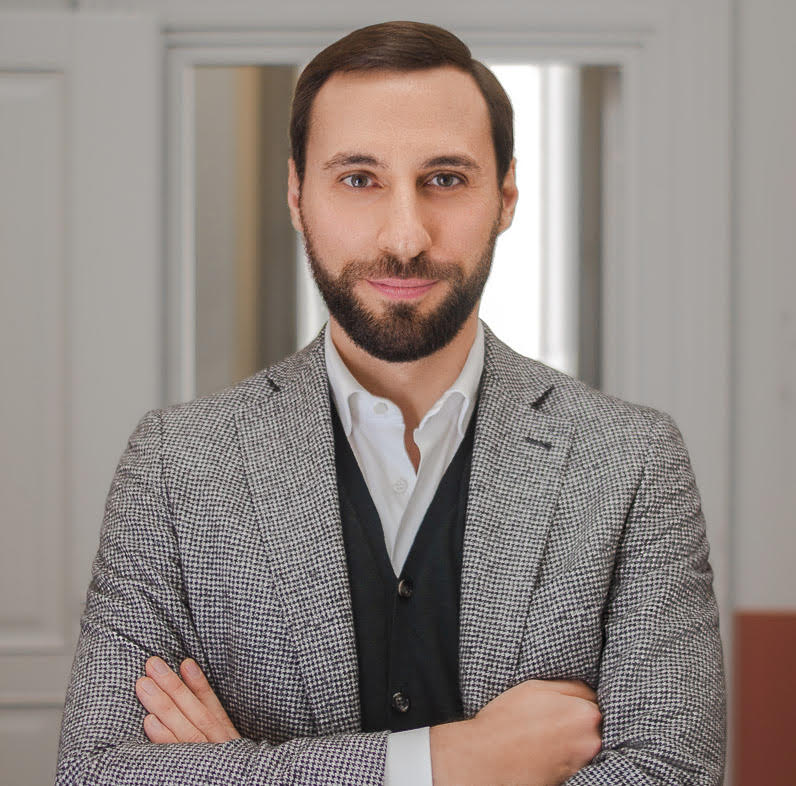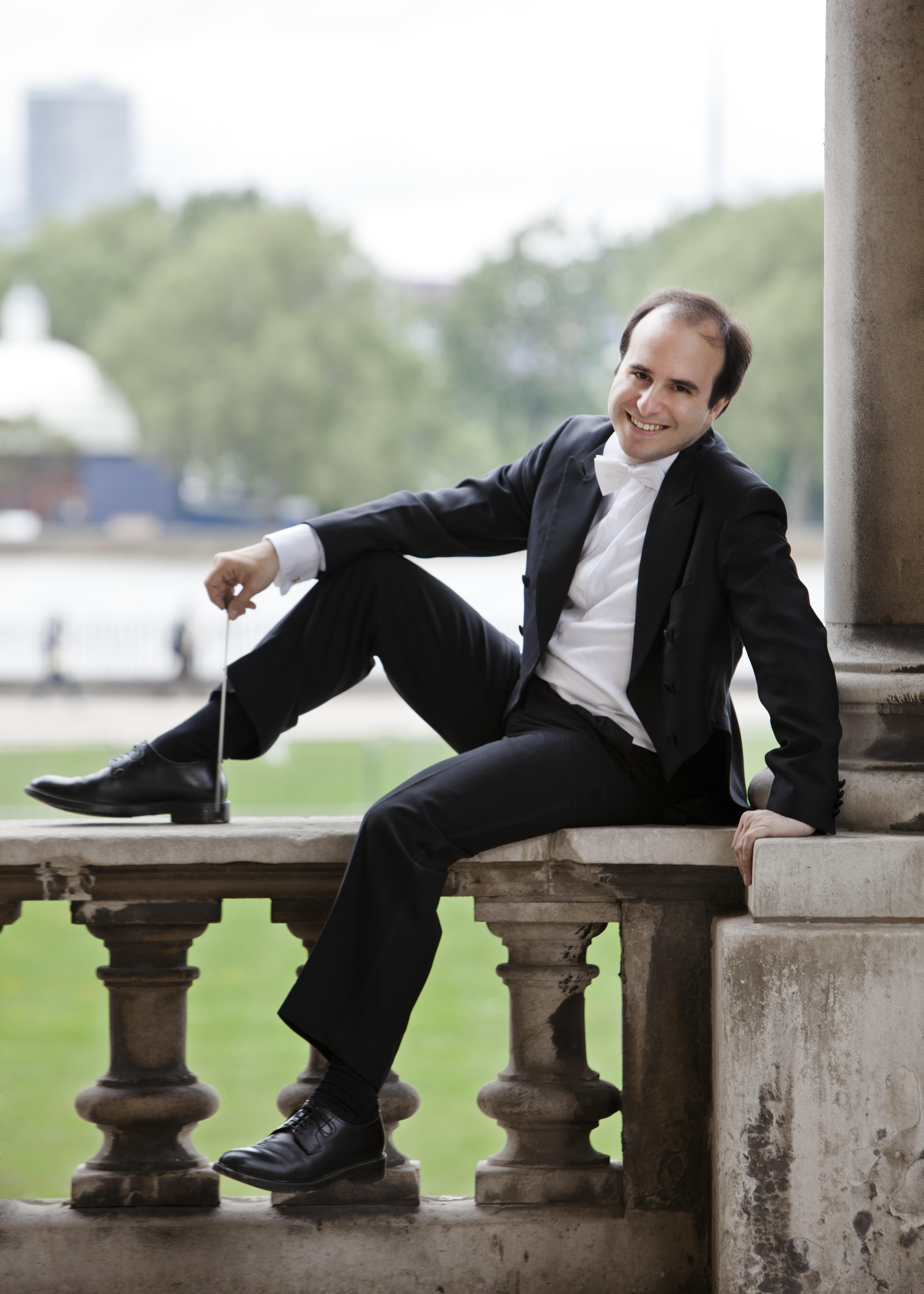How are professional musicians across the world coping with the lock-down? Brian Hick sat in on the conversation arranged by Opus Theatre with five eminent international music-makers.
Polo Piatti, Opus Theatre Founder & Director, and concert pianist and Opus Patron Oliver Poole brought together a small group of international musicians online last Saturday to share thoughts on the present situation and look towards the future not just locally but internationally. Joining them were Soprano Carly Paoli, EMMA For Peace founder Paolo Petrocelli, and conductor & impresario Gianluca Marciano.
Oliver gave a relaxed introduction. In a ‘live’ setting we would be seated in the audience with the speakers on the platform, but for those of us used to close ups on zoom this was almost identical. The five speakers were as intimate with us as our own families. What is more the meeting allowed immediate feedback from the viewers via text link.
The first point raised for Polo was the problem of physical distancing in current concert halls and theatres. It is very difficult as the Opus is a listed building and we can’t remove the pews. If we tried to seat an audience socially distanced it would never be cost effective, and we could not run a bar or provide adequate toilets. Even the Composers Festival for 2021 is now in doubt as musicians need to work and make a living if they are to come to the Festival paying essentially for themselves. We have to consider – do we delay the Festival even more or do we restrict it to composers and musicians who live locally and could therefore travel easily and without great expense? We, as musicians, are Key Workers of the Soul yet there is no world-wide organisation to support the arts.
Carly was asked about her experience as a singer working in lock-down. I have had to learn how to express myself with a very different sense of contact with the audience. Though there are many problems –getting the immediate response from the audience is a joy. Hitting the right note at the end of an aria, only to be met with silence, even though you know there are many people listening to you, is very uncomfortable. Thankfully I do get very positive feedback but it is never the same. Oliver wondered if we should support specific. Yes there are some ways we can genuinely involve ourselves. Recently I was asked to work at St Luke’s in Liverpool with a group of musicians and WWII veterans – all in PPE . This was a potential way forward for small encounters. The present situation has given music a voice to a much wider audience even if it is not under the conditions we would most desire. We need to bring joy. I have worked with ‘When you wish upon a star’ since I was sixteen. It is a children’s charity established to provide special times for children who have serious medical and mental needs. I was delighted when Everton Football Club became involved in this. I’d never been a great football fan previously but it was a wonderful experience. As the event came to a close, Oliver invited Carly to sing for us, so she gave us an a cappella rendition of Somewhere over the Rainbow.



